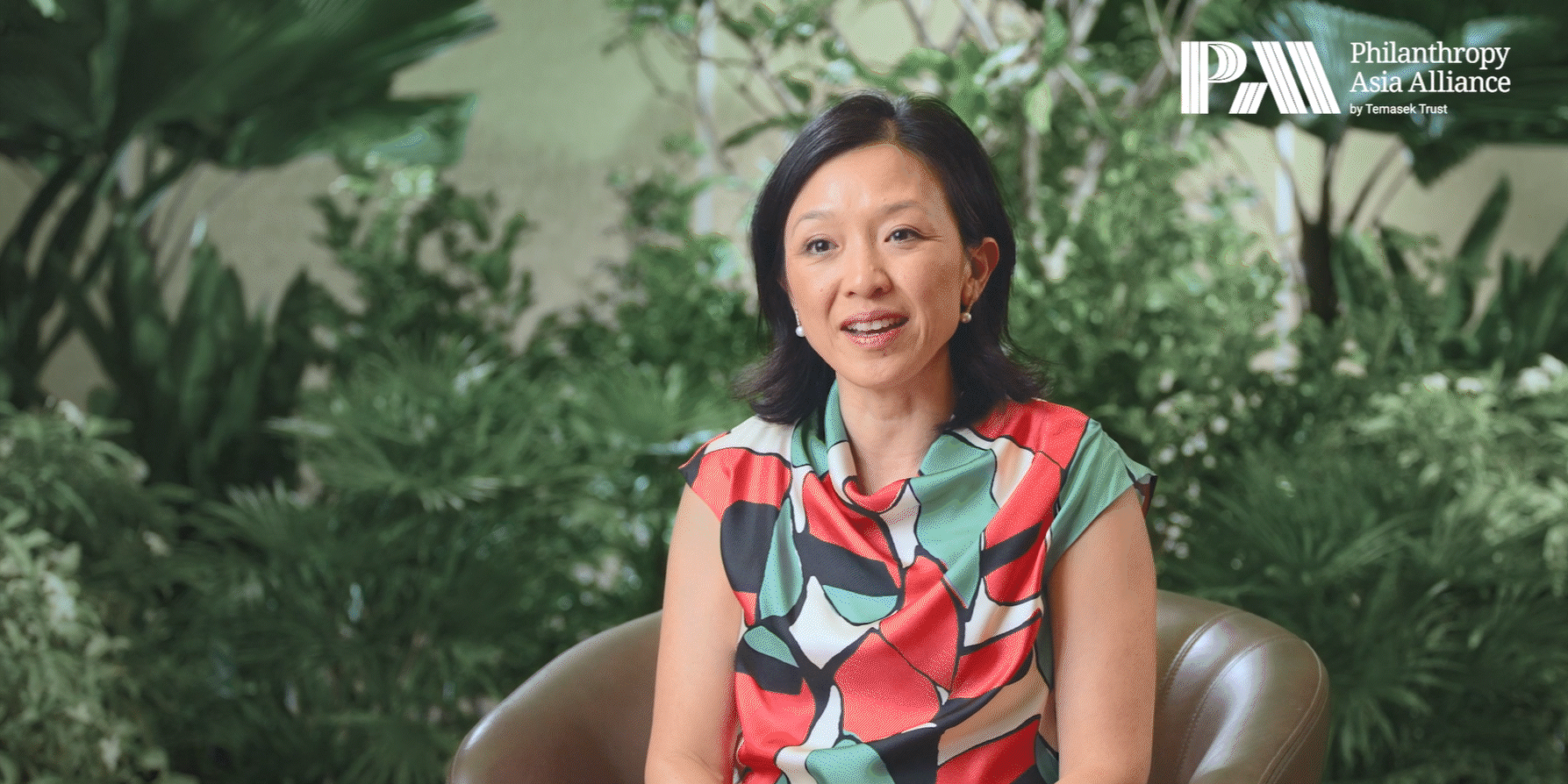Transforming energy, health, education, and food systems calls for aligned action and collective efforts across the public, private, and philanthropic sectors.
In the latest edition of PAA Chats — a thought leadership series by the Philanthropy Asia Alliance (PAA) — members and partners of PAA explore how effective cross-sector partnerships can scale initiatives, foster innovation, advance equity, and deliver lasting impact.
PAA is a Temasek Trust initiative to promote collaborative philanthropy and prime Asia as a force for good.
Insights from PAA Chats
Ms Jamie Choi, CEO, Tara Climate Foundation, stresses that the energy transition in Asia is simply too big of a challenge for one party or person to tackle alone.
Stakeholders across the public, private, and philanthropic sectors must come together — each bringing their unique strengths — to reduce emissions, improve lives, create more jobs, and strengthen communities. "When these forces combine, they don’t just make the energy transition possible — they make it unstoppable."
Sir Jeremy Farrar, Chief Scientist, World Health Organization (WHO), underscores the global and cross-border nature of the challenges the world will face in the years ahead. He highlights climate change as a pressing example that is already directly impacting health worldwide.
In response, countries must act urgently and in concert, harnessing data to inform better decision-making.
He cites the landmark WHO Pandemic Agreement as an example of what coordinated global action can achieve. Adopted by WHO member states in 2025, the historic pact strengthens international collaboration to ensure a stronger and more equitable response to future pandemics. "The world will keep coming together to address these 21st century challenges."
Mrs Neerja Birla, Founder and Chairperson, Aditya Birla Education Trust, discusses the importance of involving all stakeholders and institutionalising initiatives in the mental health and education space, to achieve lasting impact.
The philanthropic and private sectors can be key partners in helping projects scale. Mrs Birla advocates for more blended finance and outcomes-based funding, such as social impact bonds, as creative ways to unlock capital for mental health initiatives.
Dr Wisuwat Songnuan, Assistant Professor, Mahidol University, notes that partnerships and investments in higher-risk, longer-term agritech projects are essential to addressing Asia’s nutrition and food challenges.
The region’s agrifood sector urgently needs more data, innovative solutions, and patient capital. To move the needle, stakeholders — ranging from food scientists, microbiologists, researchers, artificial intelligence (AI) experts, philanthropists, governments, and entrepreneurs — must collaborate closely, she adds.
Mr Woochong Um, CEO, Global Energy Alliance for People and Planet (GEAPP), encourages leaders to be patient and to keep supporting innovators “so that they can come up with a landmark, groundbreaking change to the energy space” — enabling a just transition.
GEAPP brings together partners from around the world to tackle the climate and energy crisis. Philanthropies, in particular, have the unique ability to provide flexible capital — unlocking opportunities in frontier markets and helping project concepts become bankable for investment.
Join the conversation
Want more insights from the world’s changemakers? Explore the full PAA Chats series by the Philanthropy Asia Alliance — where eminent leaders from the public, private, and philanthropic sectors share bold ideas and fresh perspectives on tackling today’s toughest challenges through collaborative philanthropy.
Watch the PAA Chats series on YouTube.
Stay updated — subscribe to our Impact Brief newsletter and follow Temasek Trust on LinkedIn, Instagram, Facebook, and YouTube.
.gif?sfvrsn=5bd13375_1)




